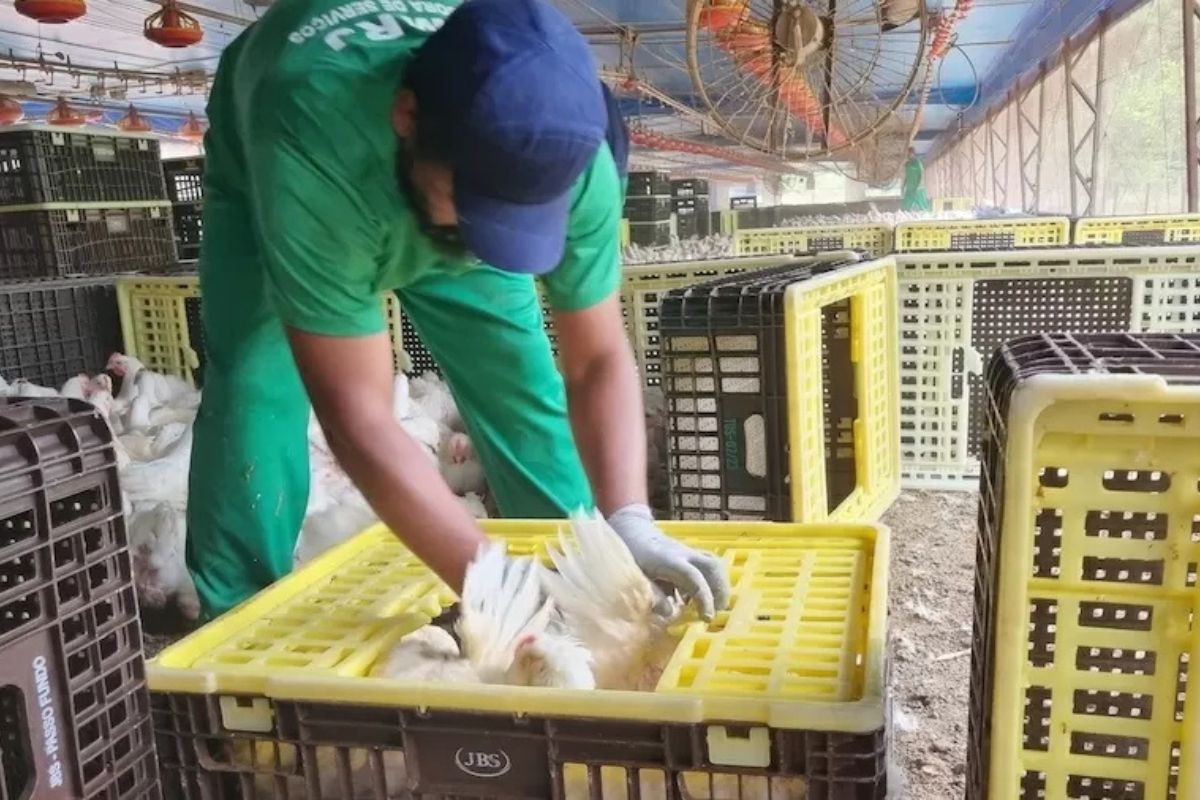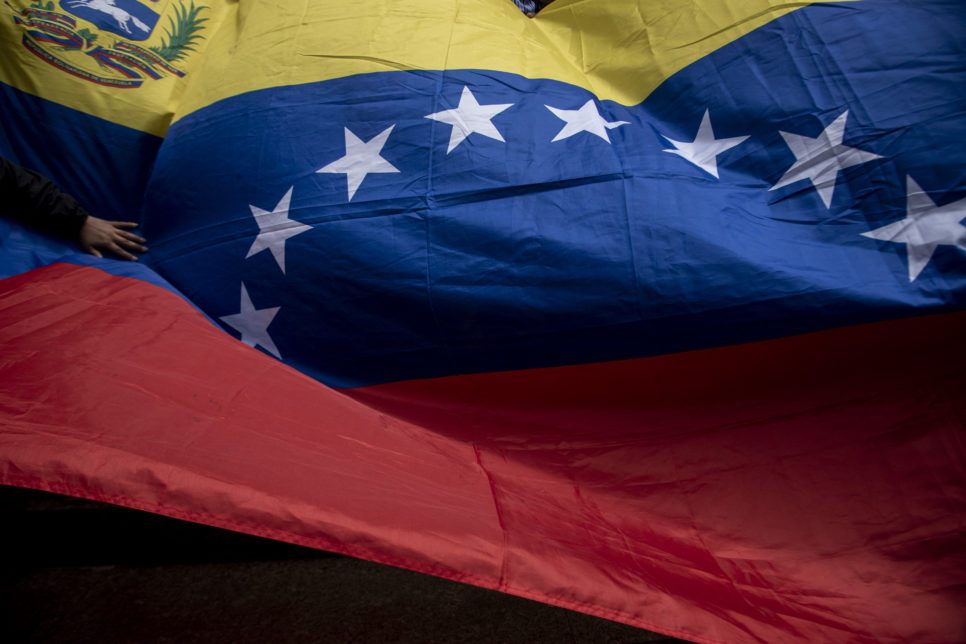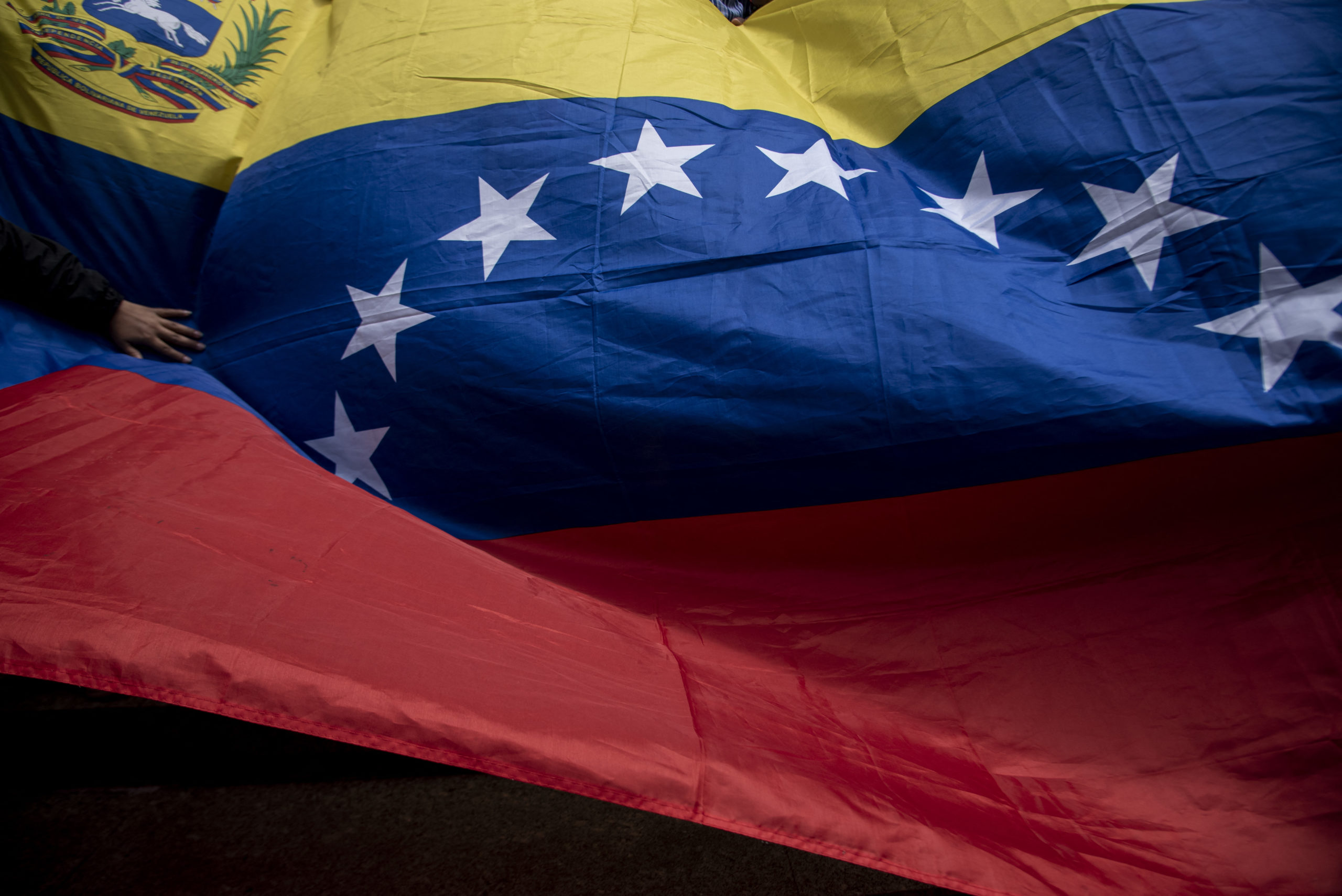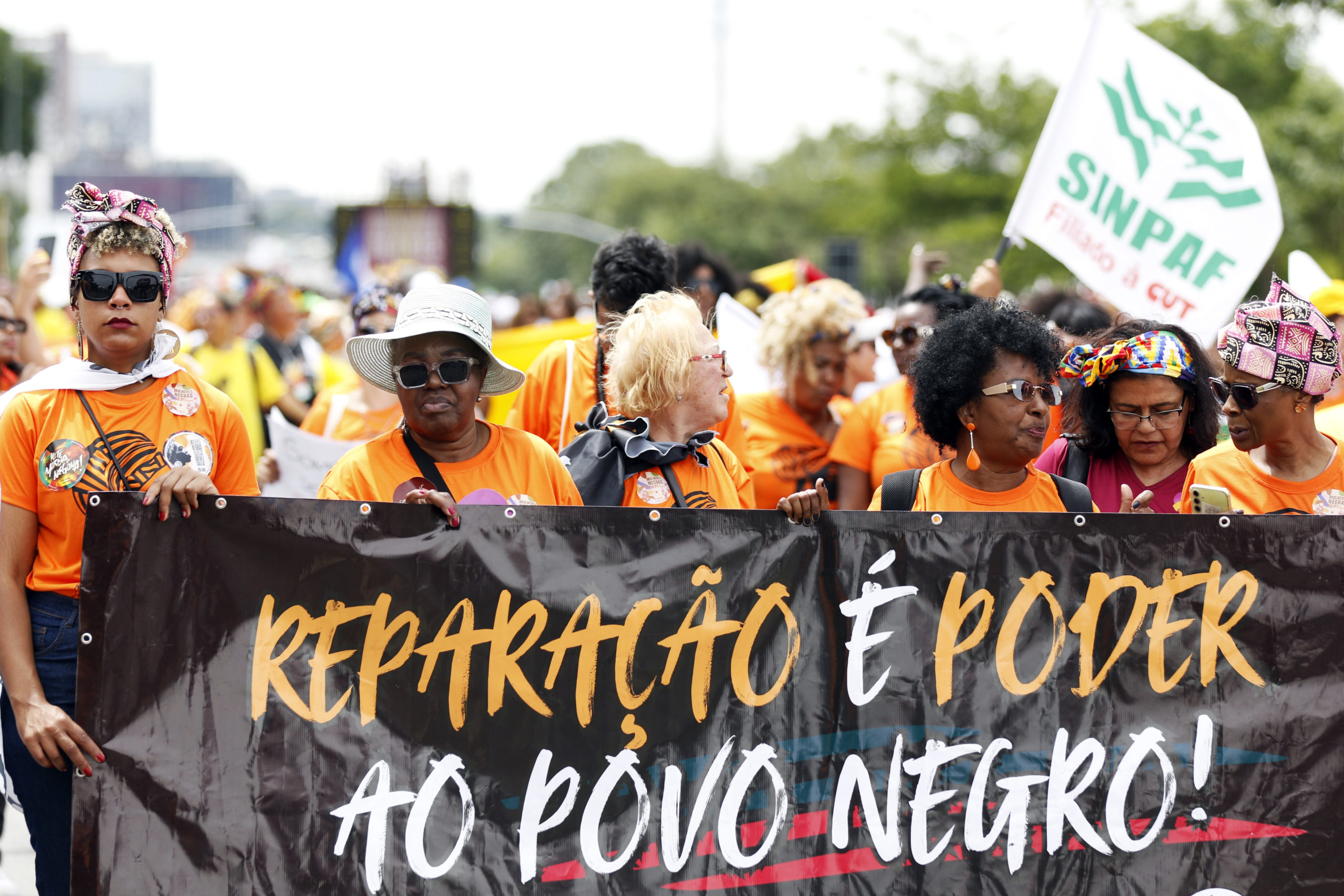Civil society warns of the risk of interference in the ‘Dirty List’ of work analogous to slavery
In a letter, 38 organizations criticize an unprecedented decision by the Ministry of Labor to suspend the inclusion of JBS Aves in the registry of employers caught using slave labor
 Foto: MTE
Foto: MTE
More than 38 civil society organizations expressed deep concern over the Minister of Labor and Employment, Luiz Marinho’s decision to grant himself the authority to decide on a citation issued against the company JBS Aves for using labor under conditions analogous to slavery.
The measure, announced on 18 September, temporarily suspends the inclusion of the company on the so-called ‘Dirty List’—a registry of employers caught exploiting modern-day slavery.
The organizations described the decision as a “political, biased, and unprecedented use of an outdated legal provision against a modern, internationally applauded tool.” They warned of the risk of undermining the inspection system. The intervention took place after JBS Aves had exhausted both administrative avenues of defense, which, according to the organizations, renders the ministerial initiative “surprising” and “diametrically opposed” to the government’s public commitment to transparency and to fight slave labor.
Read more
In August, in a meeting with the United Nations Special Rapporteur on Contemporary Forms of Slavery, Tomoya Obokata, the Ministry of Labor itself had presented the ‘Dirty List’ as an international benchmark for transparency. Now, the organizations say the decision sets a precedent for political interference in a mechanism that the Federal Government had previously committed to strengthening.
On Monday (6), The Ministry of Labor and Employment updated the ‘Dirty List’ of employers who have subjected workers to conditions analogous to slavery, including 159 names—101 individuals and 58 companies. From 2020 to 2025, 1,530 workers were rescued, with the highest number of cases in Minas Gerais, São Paulo, Mato Grosso do Sul, and Bahia, in sectors such as cattle ranching, domestic work, coffee production, and civil construction projects.
Dirty List: an internationally recognized tool
The Dirty List was created in 2003 and is recognized by the UN and the ILO as a best practice in tackling modern-day slavery, promoting transparency and holding companies involved in violations economically accountable. It has come under frequent political and judicial attacks due to its effectiveness.
The case of JBS Aves involves ten workers subjected to working days of up to 16 hours and debt bondage at a facility in Rio Grande de Sul. Since 1995, over 65 thousand people have been rescued from slave labor in Brazil in various production sectors, according to the definition in Article 149 of the Penal Code, which covers forced labor, debt bondage, degrading conditions, and exhausting working hours.
The organizations are calling on the government to reaffirm its commitment to independent inspections and avoid setbacks. “It is essential that the ‘Dirty List’ is upheld independently and efficiently, as a fundamental tool for transparency and the defense of human dignity,” they said. They also express solidarity with labor inspectors and Brazilian workers.
The letter is signed by: Aliança pelos Direitos Humanos em Cadeias Produtivas, Articulação dos Empregados Rurais do Estado de Minas Gerais (ADERE/MG), Associação Alternativa Terrazul, Associação Ambiental Sapuca ECO, Associação Comunitária Operária Floresta Esperança (ACOFE), Brigada de Alter, Centro de Direitos Humanos e Empresas da Fundação Getúlio Vargas (FGV CeDHE), Centro de Informações sobre Empresas e Direitos Humanos (BHRRC), Centro de Trabalho Indigenista (CTI), Clima de Política, Comissão Pastoral da Terra, Conectas Direitos Humanos, Conexão Migrante, Confederação Nacional dos Trabalhadores Assalariados e Assalariadas Rurais (CONTAR), Coordenação Estadual das Comunidades Quilombolas de Pernambuco, Força Ação e Defesa Ambiental (FADA), Geledés – Instituto da Mulher Negra, Greenpeace Brasil, Grupo de Pesquisa Trabalho Escravo Contemporâneo da UFRJ, Imaflora, Instituto Ação Sistêmica da Amazônia, Instituto de Defesa de Consumidores (Idec), Instituto de Estudos Socioeconômicos (Inesc), Instituto Linhas Divinas, Instituto Internacional Arayara, Instituto 5 Elementos – Educação para a Sustentabilidade, Kurytiba Metrópole (KM), Litigância Climática e por Direitos (LITIGA), Missão Paz, Movimento Xingu Vivo para Sempre (XV), Núcleo de Estudos, Trabalho, Agroecologia e Soberania Alimentar (NETASA-UNIFAL-MG), Proteção Animal Mundial, Rede Fé Paz e Clima, Rede Vozes Negras pelo Clima, SER., Sindicato dos Trabalhadores em Telecomunicação do Estado de Minas Gerais (Sinttel MG) and União de Entidades Ambientalistas do Paraná (UNEAP).






